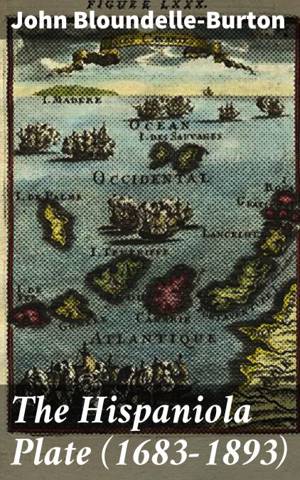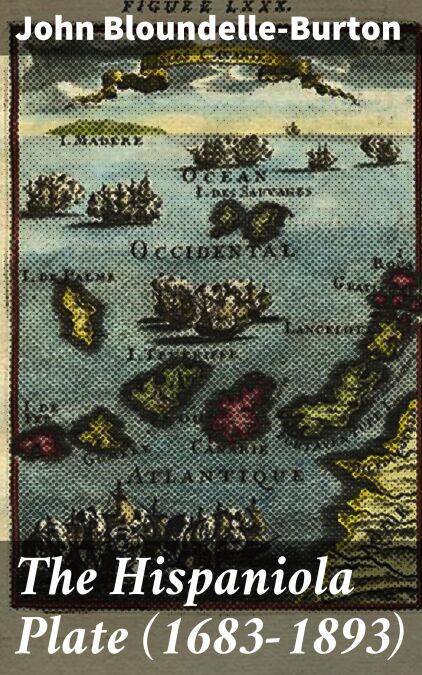
- Retrait gratuit dans votre magasin Club
- 7.000.000 titres dans notre catalogue
- Payer en toute sécurité
- Toujours un magasin près de chez vous
- Retrait gratuit dans votre magasin Club
- 7.000.000 titres dans notre catalogue
- Payer en toute sécurité
- Toujours un magasin près de chez vous
The Hispaniola Plate (1683-1893) EBOOK
A Captivating Adventure through the Caribbean's Turbulent History
John Bloundelle-Burton
Ebook | Anglais
1,99 €
+ 1 points
Description
In "The Hispaniola Plate (1683-1893)", John Bloundelle-Burton presents a meticulously researched narrative that explores the complex socio-political fabric of Hispaniola during a pivotal two-century period. The book is characterized by its rich, descriptive prose, which intertwines historical events with vivid depictions of the island's landscapes and cultures. Set against the backdrop of colonialism, pirate exploits, and the early movements toward independence, Bloundelle-Burton masterfully weaves a tapestry of conflict, resilience, and transformation that illuminates the often-overlooked history of the Caribbean. His unique blend of narrative and analysis places the events within a broader literary and historical context, urging readers to engage with the nuances of colonial legacies. John Bloundelle-Burton, a historian with a keen interest in Caribbean studies and colonial history, draws on both personal experiences and extensive research to craft this work. His deep understanding of the region's cultural dynamics and historical trajectories is evident throughout the text. Having spent years studying the impact of European powers in the Caribbean, Bloundelle-Burton's insights reflect a profound connection to the land and its people, making his scholarship both personal and authoritative. This book is a vital read for scholars, students, and anyone interested in the complexities of colonial history and its lasting impacts. Bloundelle-Burton'Äôs engaging narrative style not only informs but also invites the reader to reflect on the enduring significance of Hispaniola'Äôs past in shaping contemporary Caribbean identity. "The Hispaniola Plate" is essential for those seeking a deeper understanding of the region's history and its implications for modern society.
Spécifications
Parties prenantes
- Auteur(s) :
- Editeur:
Contenu
- Nombre de pages :
- 219
- Langue:
- Anglais
Caractéristiques
- EAN:
- 4064066183301
- Date de parution :
- 18-05-21
- Format:
- Ebook
- Protection digitale:
- Digital watermarking
- Format numérique:
- ePub







